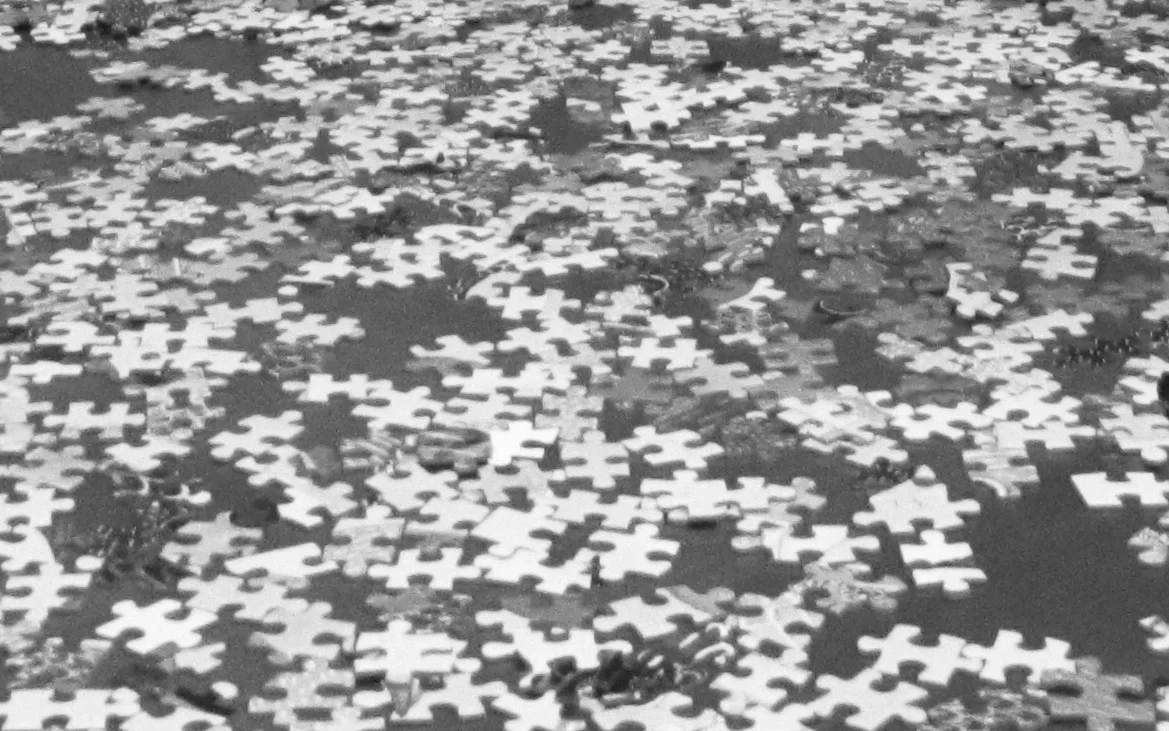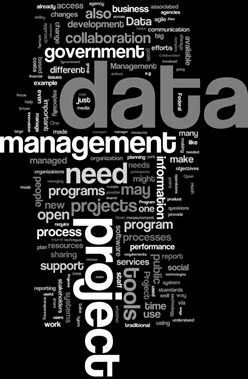The lack of a national data strategy for COVID-19 is killing people
Reading through Data secrecy is crippling attempts to slow COVID-19’s spread in U.S., epidemiologists warn in the July 15 SCIENCE magazine is sobering and at times scary. You can’t help but wonder how many people have died needlessly because we have not been able to do the appropriate data analysis and contact tracing to drive an effective — and consistent — public health response.
The bottom line: we currently have a patchwork of policies, procedures, standards, and practices that vary widely from location to location. Simply forcing another data collection process on top of everything isn’t going to solve the problem given the mix of systems and processes that need to be corralled and synchronized. What’s needed is a comprehensive and consistent national data program management and governance infrastructure. That’s not going to happen anytime soon.
Also, the title of the SCIENCE article, with its focus on data secrecy, is an oversimplification of the challenges faced in marshalling any national data centric approach to battling the pandemic. True, there is the possibility that de-identification of personally identifying information can be reverse engineered through aggressive processing with related data. But in many cases the necessary data fields just don’t exist to support needed analysis and contact tracing, or they are inconsistently defined across data sets developed and managed by different government agencies.
In the short term we will have to make do with what we have and it’s likely that concerns about data privacy will have to be weighed against “the needs of the many.”
Unfortunately, the lack of a competent national mechanism for roadmapping and managing the fight against the pandemic will continue to generate unnecessary deaths even if “good data” do become available.
Copyright (c) 2020 by Dennis D. McDonald
































